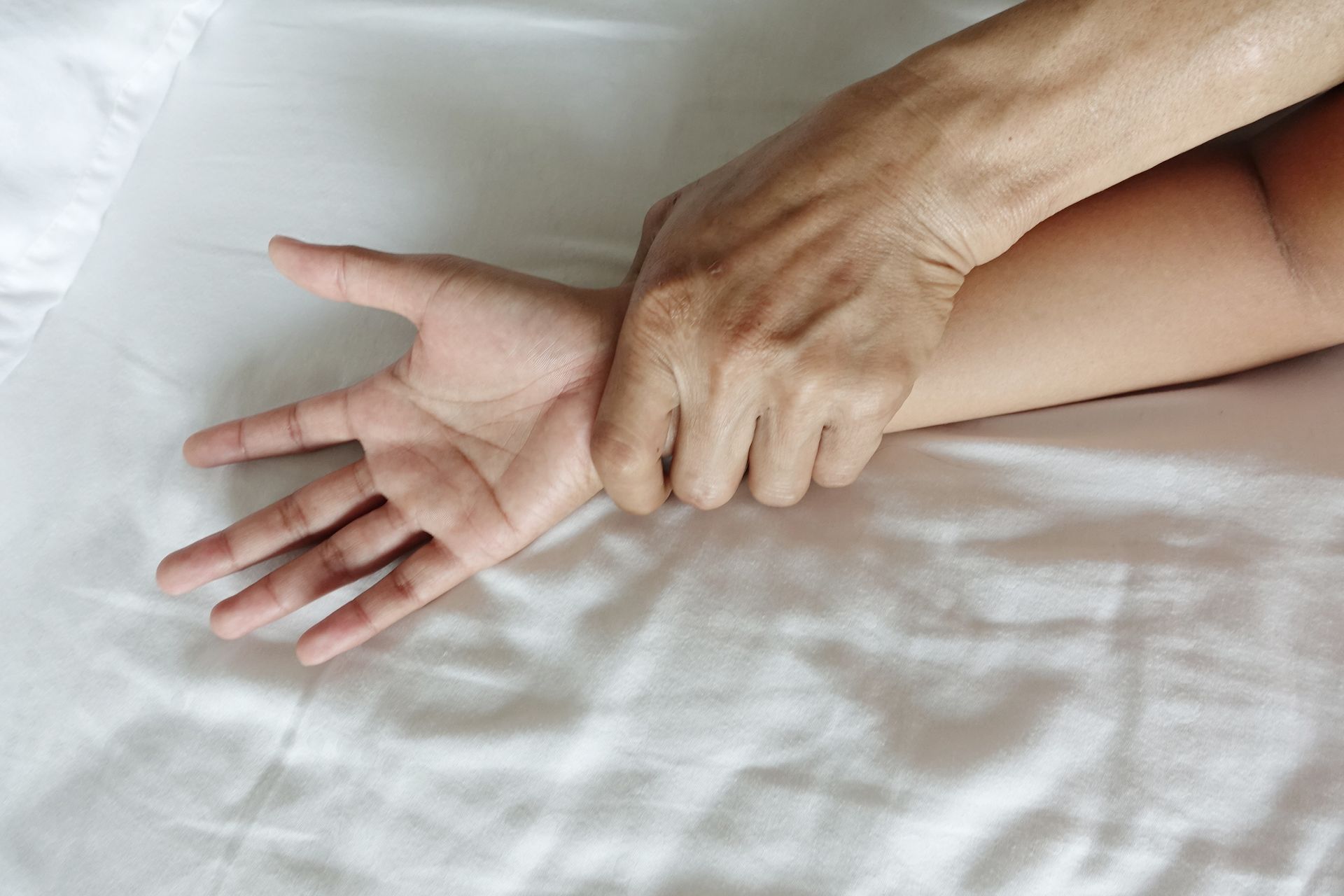How to Defend Against Indecent Exposure Charges in Florida
If you’ve visited Florida’s beaches and public parks during summertime, you may have noticed a few people in swimsuits or bikinis. It’s common to see people wearing less clothing at the beach and other public places when it is hot out, but that doesn’t mean you should uncover your private areas. In some parts of the state, indecent exposure laws make it illegal to expose your body in a way that is obscene or offensive to others. That means, if someone accuses you of indecent exposure, you could face criminal charges. This article explains what indecent exposure is, its laws in Florida, and how to defend against charges if you are accused of indecent exposure.
What is Indecent Exposure?
Indecent exposure is a crime in Florida that refers to the act of someone exposing their body in public in a way that is offensive or indecent to others. In Florida, it’s illegal to expose your genitalia, buttocks, or breasts outside of required clothing. Additionally, this law applies to both adults and children. If you are found guilty of indecent exposure, you could face up to 60 days in jail and a fine of up to $500.
Indecent Exposure Laws in Florida
In Florida, there are three types of indecent exposure laws: 1. Indecent Exposure- 1st Degree Felony 2. Indecent Exposure- 2nd Degree Felony 3. Indecent Exposure- 3rd Degree Misdemeanor The type of law you may face will depend on the amount of exposure and the intent of your intentions. If you are charged with an indecent exposure crime in Florida, first you should learn about your rights as a defendant before speaking to authorities. You should also consider hiring an attorney to represent your case in court or negotiating a plea deal to avoid facing charges.
Defending Against Indecent Exposure Charges
If you are charged with indecent exposure, your first step should be to contact a local criminal defense attorney. These charges can vary depending on the circumstances, and your attorney will help you decide the best course of action. For example, if an accusation of indecent exposure is made against a person where no other people were present, the charge would likely be dropped. If someone is accused of exposing themselves in public but they have a good defense, like they were breastfeeding or had an accidental clothing mishap, that person would likely not face charges. A Florida state appellate court recently ruled that individuals who have been accused of indecent exposure have the right to cross-examine witnesses and preserve evidence before trial to defend themselves against those accusations. To defend yourself against charges of indecent exposure in Florida, you must be careful about what you say or do when questioned by law enforcement officers or other parties involved in your case.
How an Attorney Can Help with Indecent Exposure Charges
If you’ve been accused of indecent exposure, it’s important to know your rights and how to defend against the charges. An attorney can help with that. They can explain your options and help you decide on how to proceed. If you are found guilty, an attorney can fight for a fair sentence or file an appeal if needed. An attorney will be able to answer any questions you have about the case and what might happen next. When dealing with criminal charges like these, it’s important to have someone who is knowledgeable about Florida law on your side so that nothing gets lost in translation.
Conclusion
Florida is a state that has a lot of laws that can be complicated to understand and follow. One of these is the law on indecent exposure. It’s not always easy to understand when someone is being indecent, especially when the charges are fairly minor, but it’s important to know that there are ways to defend yourself against these charges.
If you need help with an indecent exposure charge in Orlando, Florida, contact Hanlon Law. For more information on how Hanlon Law can help you with your case, visit our website.












